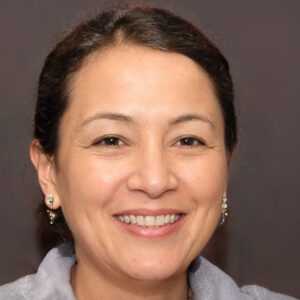Childcare Education Institute Final Exam Answers
Childcare education institute final exam answers play a crucial role in evaluating students’ understanding and knowledge of childcare practices. The ability to provide accurate and wellthoughtout responses is essential for success in the exam. In this section, we will provide guidance on how to approach the final exam answers effectively.
Understanding the Question
Before you start crafting your final exam answers, it is crucial to fully understand the question being asked. Take the time to read the question carefully and identify key points or requirements. This will help you stay focused and ensure that your response addresses all aspects of the question prompt.
Organizing Your Response
To effectively structure your final exam answers, consider the following approach:
Start by providing a clear and concise introduction that outlines the main idea or argument you will be addressing. Use bullet points or numbered lists to break down complex information into digestible chunks. Support your points with relevant examples, case studies, or research to strengthen your response. Conclude your answer by summarizing the key points and reiterating your main argument.
By following this structured approach, you can present your final exam answers in a logical and coherent manner, making it easier for the examiner to follow your line of reasoning.
Demonstrate Critical Thinking
In addition to providing factual information, it is essential to demonstrate critical thinking skills in your final exam answers. This involves analyzing information, evaluating different perspectives, and forming wellreasoned arguments. When addressing complex questions, take the time to consider various viewpoints and present a balanced argument supported by evidence.
Incorporate Course Material
Remember to incorporate course material and concepts covered throughout your childcare education institute studies into your final exam answers. Drawing on relevant theories, principles, and best practices will showcase your understanding of the subject matter and strengthen your responses. Be sure to reference specific course materials or resources to demonstrate your engagement with the material.
Proofreading and Editing
Before submitting your final exam answers, make sure to proofread and edit your responses carefully. Check for spelling and grammar errors, ensure clarity and coherence in your writing, and confirm that your answers address all aspects of the question. Taking the time to review and revise your work will help you present your ideas effectively and enhance your overall performance.
Childcare education institute final exam answers are an opportunity to demonstrate your knowledge, critical thinking skills, and ability to apply course concepts to realworld scenarios. By approaching your responses strategically, organizing your ideas effectively, and incorporating relevant course material, you can showcase your understanding and excel in your final exam. Remember to stay focused, take your time, and present your answers clearly and concisely for the best results.

 Leila Hamilton played a key role in shaping Mode Key Homes, contributing her expertise in real estate trends and sustainable housing. Her dedication to delivering insightful content ensures that homeowners, investors, and industry professionals stay informed about market developments and innovative property solutions.
Leila Hamilton played a key role in shaping Mode Key Homes, contributing her expertise in real estate trends and sustainable housing. Her dedication to delivering insightful content ensures that homeowners, investors, and industry professionals stay informed about market developments and innovative property solutions.